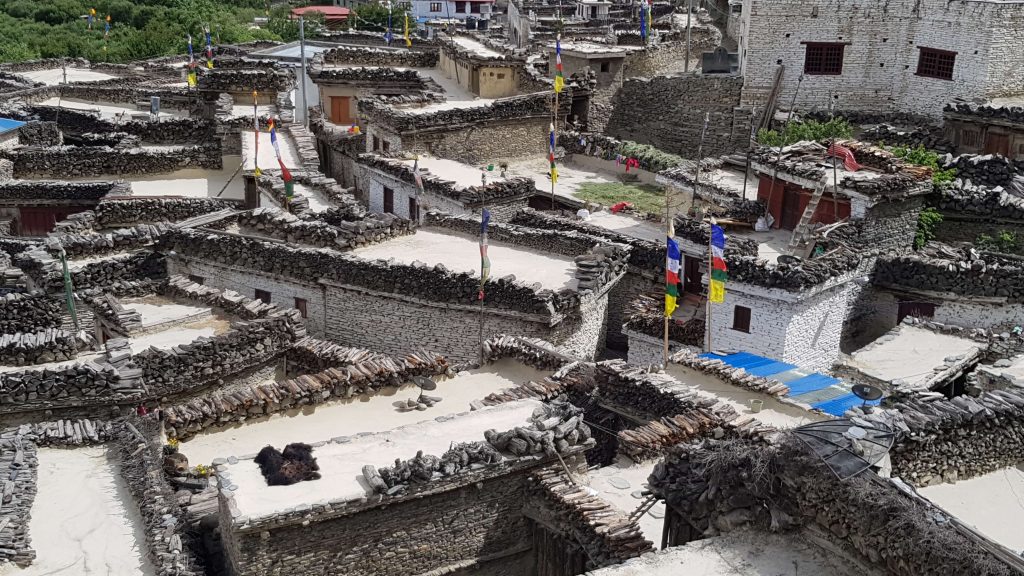Project: PlanetLab
Project Lead: Brian G McAdoo.
Members: All PhD, Masters and Undergraduate students in the PlanetLab.
Project Description:
SE United States, Nepal, Madagascar, Brazil, and Thailand. Each of these projects is concerned with how natural hazards are impacting communities and critically, how we might approach and inform more sustainable solutions that can reduce their risk.
Publication link: https://nicholas.duke.edu/news/nsoe-lab-month-planetlab
Project: Glacial Lake Outburst Floods and Mental Health
Outcomes

Project Lead: Aaliya
Members: Prof. Dr. Atif Rahman, University of Liverpool; Dr. Waqas Ahmed, University of Liverpool
Project Description:
This project seeks to explore how glacial lake outburst floods (GLOF) impact the mental health of mountain communities in Gilgit-Baltistan, Pakistan. Since 2016, the Shishpar Glacier has undergone active surges, leading to the blockage of discharge from the nearby Muchuwar Glacier, the creation of ice-dammed lakes, and the resulting GLOF events (Sing et al., 2023). The specific features of the Shishpar Glacier make Hassanabad village a unique case study, offering valuable insights to help communities prepare for and mitigate future GLOF impacts, especially on mental health and well-being. To address the mental health implications of GLOF risks on downstream communities, we conducted a cross-sectional study to determine the prevalence of anxiety, depression, and post-traumatic stress disorder among the residents of Hassanabad impacted by past GLOF events. We hope that this will be a foundational study to design a culturally tailored intervention to address both the issues of mental health crisis and mountain hazards in Gilgit-Baltistan and beyond the Himalayan region of Pakistan.
Publication In Review: A Planetary Health Case Study of Water Quality and Hydrologic Connectivity in Rural Communities around the Manombo Special Reserve of Southeastern Madagascar
Project: Climate, Hydrology, and Health in Southeastern
Madagascar

Project Lead: Ryan Parks
Members: Ryan Parks, Julia Kagiliery, Nikhil Sethi
Project Description:
The Manombo Special Reserve (MSR) is a rainforest region in Southeastern Madagascar that experiences frequent tropical cyclones, and contains the highest incidence rate of malaria in the country along with high rates of diarrhea. With over 12,000 inhabitants in rural villages sharing limited water infrastructure, contamination of drinking water is common. Alarmingly high Escherichia coli levels have been observed in local water sources in our previous research, indicating fecal contamination and likely disease transmission. Climate change exacerbates these risks through increased cyclone frequency, flooding, and standing water, which all influence the spread of malaria, diarrhea, and other infections. Additionally, deforestation compromises regulating services like infiltration and evapotranspiration, making areas more prone to flooding, which increases disease vectors. Our project aims to characterize how hydrologic and climate factors affect water-related health outcomes in MSR communities. We hypothesize that climate events are impacting Earth systems, like the hydrosphere, in ways that increase the prevalence of water-related health outcomes, specifically diarrhea and malaria, in the MSR. Through the integration of in-situ water sampling, drone imagery, satellite data, and stream gauge measurements, we are documenting forest loss, flood extent, standing water, and water quality in at least ten MSR villages, utilizing village-level health data on malaria and diarrhea cases to assess the relationship between climate, hydrology, and health outcomes in this region.
Project: Transboundary Air Pollution in Nepal

Project Lead: Abhishek Karna
Members: Abhishek Karna (Duke), Hasana Shrestha (TU), Benjamin de Foy (SLU), Mike Bergin (Duke CEE), Prakash Bhave (NCSU), Ramesh Sapkota (TU), Regina Maskey (TU), Brian G. McAdoo (Duke NSOE)
Project Description:
Transboundary atmospheric pollution remains a critically hazardous challenge in South Asia and poses health risks in developing countries like Nepal. Using a network of carefully calibrated low-cost PM\textsubscript{2.5} sensors across the Terai belt (southern Nepal) and two major mid-hill valleys in Nepal, we uncovered a significant high-pollution episode during December 28-30, 2022, marked by a sudden rise in PM\textsubscript{2.5} concentrations across all receptor sites. Various meteorological and dispersion analyses, including peak shaving, aerosol optical depth, air parcel back trajectories, planet boundary layer height, ventilation coefficients, and fire events, provided a comprehensive understanding of the complex local and synoptic scale dynamics during this episode. An air mass residence model, Potential Source Contribution Function, further demonstrated the role of atmospheric circulation in driving PM\textsubscript{2.5} levels. Combining these results revealed a strong evidence of cross-border pollution transport through south-easterly winds in eastern Terai and south-westerly winds in western Terai. Our findings highlight the urgent need for transnational environmental stewardship among nations across South Asia.
Project: Duke Geothermal

Project Lead: Danilo Meyer-Arrivillaga
Members: Danilo Meyer-Arrivillaga, Brian McAdoo
Project Description:
Area of Operation: Durham, NC Project
Focus: This study evaluates the geological suitability of the subsurface geology of the Durham Triassic Basin at Duke University for the implementation of an Aquifer Thermal Energy Storage system. The proposed project would capture excess electricity-driven heat produced by chiller plants on Duke’s campus during the summer. This heat would be transferred to a water source using a heat exchanger, and the heated water would then be pumped underground for storage until winter. During the winter, the stored hot water would be pumped back up and used as a supplemental heat source for campus buildings which are currently heated by CO2 producing natural gas.
Publication Link: https://bassconnections.duke.edu/project/duke-university-chiller-plant-aquifer-thermal-energy-storage-assessment-2024-2025/








